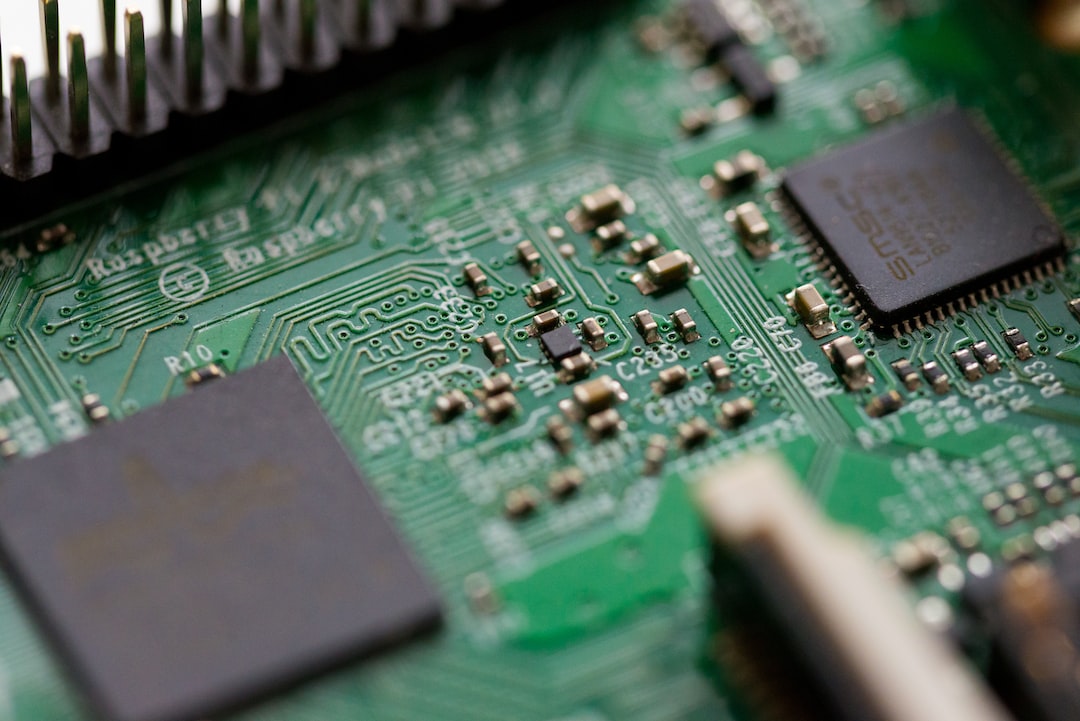The Evolution of Smart Homes: Automation for a Smarter Lifestyle
In recent years, there has been a remarkable transformation in the way we live our lives, thanks to the incredible advancements in technology. From smartphones to wearable devices, technology has revolutionized every aspect of our lives, including our homes. The concept of smart homes has gained significant popularity, promising a way to automate and simplify many tasks, making our lives easier and more convenient.
Smart homes refer to houses equipped with various internet-connected devices and systems that can be controlled remotely. These devices are designed to make our lives more comfortable, secure, and energy-efficient. The idea behind smart homes is to integrate technology into every nook and corner of our homes, creating an interconnected ecosystem that works seamlessly to cater to our needs.
One of the earliest and most notable examples of a smart home device was the thermostat. Programmable thermostats were introduced in the early 2000s and allowed homeowners to schedule their heating and cooling systems based on their daily routines. This not only made their homes more energy-efficient but also saved them money on their utility bills. These thermostats have evolved over time and can now be controlled remotely through smartphone apps, adapting to homeowners’ needs dynamically.
Another significant development in the evolution of smart homes is the introduction of voice assistants such as Amazon Echo and Google Home. These devices act as the central hub for controlling various connected devices in the house, from lights to thermostats to security cameras. With a simple voice command, homeowners can turn on/off lights, set reminders, play music, and even order groceries. These voice assistants have brought an unprecedented level of convenience and accessibility to our homes, making tasks seamless and effortless.
One of the areas where smart homes are making a significant impact is home security. Traditional security systems have been enhanced with the integration of smart home technology, allowing homeowners to remotely monitor and control their security cameras, door locks, and alarms. Smart locks, for instance, enable homeowners to lock or unlock their doors using their smartphones, providing a higher level of security and convenience. Additionally, smart cameras with motion sensors can send real-time alerts to homeowners’ smartphones, ensuring they are aware of any potential threats or intruders.
Smart homes have also revolutionized the way we entertain ourselves. The advent of smart TVs has transformed our living rooms into immersive entertainment centers. With features like voice control and integration with streaming platforms, homeowners can effortlessly browse through their favorite shows and movies without the need for multiple remote controls. Additionally, smart speakers and sound systems can provide a surround sound experience, enhancing the overall entertainment experience in our homes.
Energy efficiency is another key aspect of smart homes. With rising concerns about climate change and increasing energy costs, homeowners are actively seeking ways to reduce their energy consumption. Smart home devices offer a solution to this problem by enabling homeowners to monitor and control their energy usage effectively. For instance, smart thermostats can automatically adjust the temperature based on occupancy and weather conditions, maximizing comfort while minimizing energy waste. Similarly, smart lighting systems can turn off lights in unoccupied rooms, saving both energy and money.
The future of smart homes holds even more exciting possibilities. With the advent of the Internet of Things (IoT), the network of interconnected devices will continue to expand, providing more opportunities for automation and control. Imagine a kitchen where your refrigerator can communicate with your grocery list app and order groceries automatically or a bathroom that can adjust the water temperature and flow according to your preferences. The potential for a smarter lifestyle is endless.
However, with all the benefits of smart homes, there are legitimate concerns about privacy and security. As our homes become more connected, the risk of cyber-attacks and unauthorized access increases. It is crucial for homeowners to prioritize security measures such as strong passwords, regular updates, and monitoring of connected devices to ensure their privacy and protection.
In conclusion, the evolution of smart homes has brought about immense advancements in automation and convenience. From thermostats to voice assistants, smart homes have transformed the way we live, making our lives more comfortable, secure, and energy-efficient. With ongoing developments in technology, the future of smart homes holds even more promises of a truly connected and smarter lifestyle. It is an exciting time to embrace the possibilities that smart homes bring and enjoy the benefits they offer.
